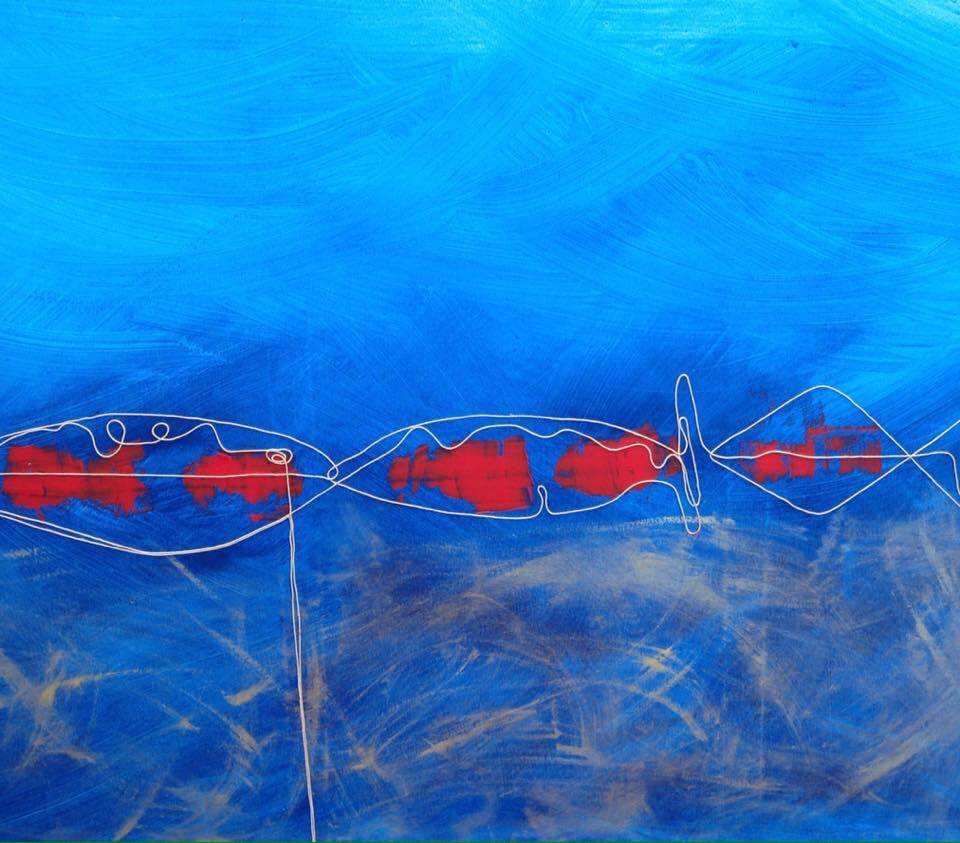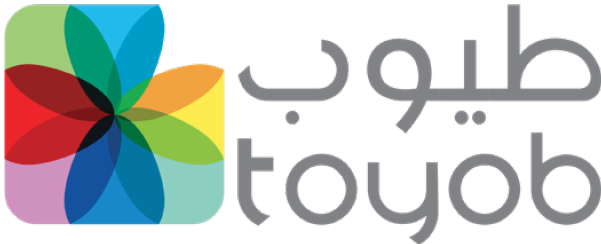قصة “عقبة الباكور” للكاتبة الليبية نجوى بن شتوان تفوز بجائزة مجلة ArabLit للقصة القصيرة 2019، ترجمة سعاد حسين.

It appears that Khadija wasn’t precise enough with measuring ingredients when mixing together powders for her rejuvenating paste. Especially when all of a sudden the lights went out midway through. Trying to estimate the quantities based on the last thing she had seen, she calmly stretched out her hand to pour the bottles without so much as a drop splashing outside the bowl. She then managed to put them back; not a single thing fell off the table.
She thought she had succeeded. Not a cracked bowl or a spilled drop; the darkness could testify to this, just as it could testify that she had taken too much from one bottle and not enough from the other. She was caught up in her daydreaming – after having applied the paste – of youthful, blemish-free skin, radiant enough to prompt Saint John’s sixteenth-century cavalry to invade Libya once more.
It wasn’t a simple dream: to be beautiful, a handsome man by her side; so she committed it to God and fell asleep.
As usual, when one is happy, or even sad, the day starts early. When morning broke, Khadija couldn’t get up from her bed to go to the bathroom or carry out her daily chores. In bed, she discovered just how efficient her age-defying paste had been, a paste most often plagued by accusations of being a waste of time, akin to buying a delusion. On this occasion though, the paste surprisingly worked as advertised, with Khadija being the first exception!
When Khadija was late for her usual chore of crumbling up sundried stale bread – collected from others’ garbage – her mother went to her bedside, convinced that her daughter must be suffering from menstrual cramps. Instead of finding five-foot, five-inch Khadija under the covers, she found a small baby staring up at her, bawling, begging for help. It was Khadija herself, simply younger than she had wished to look – a testament to the potency of the paste. The craters in her skin had been treated, no longer potholed like the streets of Sirte and Al-Mhashi.
“What’s this? What’s happened to you?” her mother gasped in alarm upon seeing her daughter, now a baby, unable to get up on her own.
“Stop yelling. Take me to the bathroom, and I’ll tell you!”
Picking her up from the bed with tremulous hands, her mother placed her on the floor. “Go on, try and walk!”
Khadija tried to take a step like any other baby would, but she quickly fell over and needed a hand. The chasm between her mind and her body was too much for her to bridge.
Her mother began to lament her misfortune: just recently she had lost her son Mohammed – better known as ‘Khobza’, the stale bread collector – and here she was today losing her daughter. By God, when it rained, it poured!
All of this coincided with the outbreak of war in Benghazi and the army announcing the need for people to evacuate their homes. With the terrorists massing in the densely populated areas, the fear was that residents would be taken hostage. The pace of departure picked up as the missiles began to rain down on their homes, breeding chaos. Khadija looked on and agonized, sobbing over what had happened to her and what was befalling them, all the while being blamed and berated by everyone who came to know of her new condition.
“Was now really the time to do a face mask?”
“Wallah, I never thought something like this would happen with a war on!”
“How can we be in the middle of a war, and you’re thinking about your skin, wanting to look younger?”
“Okay, so you’re younger now. What’s the point in a dead country like ours?”
“You’ll just grow older again, have the same life, nothing will change.”
“She just wanted to get a husband.”
Everyone who picked her up lectured her at length; the only end in sight for Khadija was Al-Hawari cemetery. Growing impatient, she had no choice but to bite the nose of her brother, whom her mother had asked to hold Khadijah while they made their way to their uncles’ home in Al-Awayliyah. He slapped her face, rupturing one of the nearly healed pustules from the day before. Out oozed blood. Their mother intervened, replacing the children in her lap with Khadija. They were forced to stop in the middle of the road to sort themselves out after having traversed the hairpin mountain turn known as Al-Bakur Bend.
Khadija prayed to God for a safe journey, that He would grant her a way out soon, and free her from her many prisons. It was as if praying from the top of the majestic Jebel al-Akhdar drew her closer to the heavens, making it more likely that her desire would be fulfilled. A gust knocked Khadija over, and she rolled down the mountain, tumbling to the bottom of the valley.
She fell into the large wooden bowl of a shepherd eating bean stew; a shepherd who believed that Khadija’s appearance was one of the harbingers of the end of time, perhaps because he had been pondering Judgment Day at that very moment. And because people in such situations act before thinking, he fled, leaving behind his sheep, his radio, and a gallon of strawberry juice.
At long last, Khadija found herself liberated! Not knowing what to do with this newfound freedom, she glanced around, waiting for someone to overturn the bowl and tip her out. Leaning over her, the sheep sniffed Khadija, and the dog with black and white patches licked the stew from her legs. She saw the sky above, open and wide, no walls hemming her in. She watched as her brothers carefully skirted the edges of boulders, searching for her. She tried to call out to them, but they were in too much of a hurry. Her mother passed by, calling out, “Khadija! Khadija! Where are you, my girl?”
“Over here, Mother! Stuck in this tabeekha!”
Just then, a missile roared past overhead, gleaming like the underbelly of a desert lizard. It was so close that she could read the MADE IN RUSSIA 2013 on its underside. The missile cast its fleeting shadow over her, the stew, the sheep, the dog and the gallon of strawberry juice before she heard the blast. A cloud of dust filled the air. The hysterical sheep ran helter-skelter, trampling the bowl as they charged west, flipping it over as they returned east, only for it to end up as it had been before.
East, West,
West, East,
South, East,
South, West.
All the while, Khadija was either in the bowl or covered by it, drifting in and out of consciousness for days at a time, then months and finally years, before opening her eyes in the distant Al-Heesha hospital in western Libya, the sole survivor of a family that had been completely massacred.
Her fate? To age once more, pimples and all.


